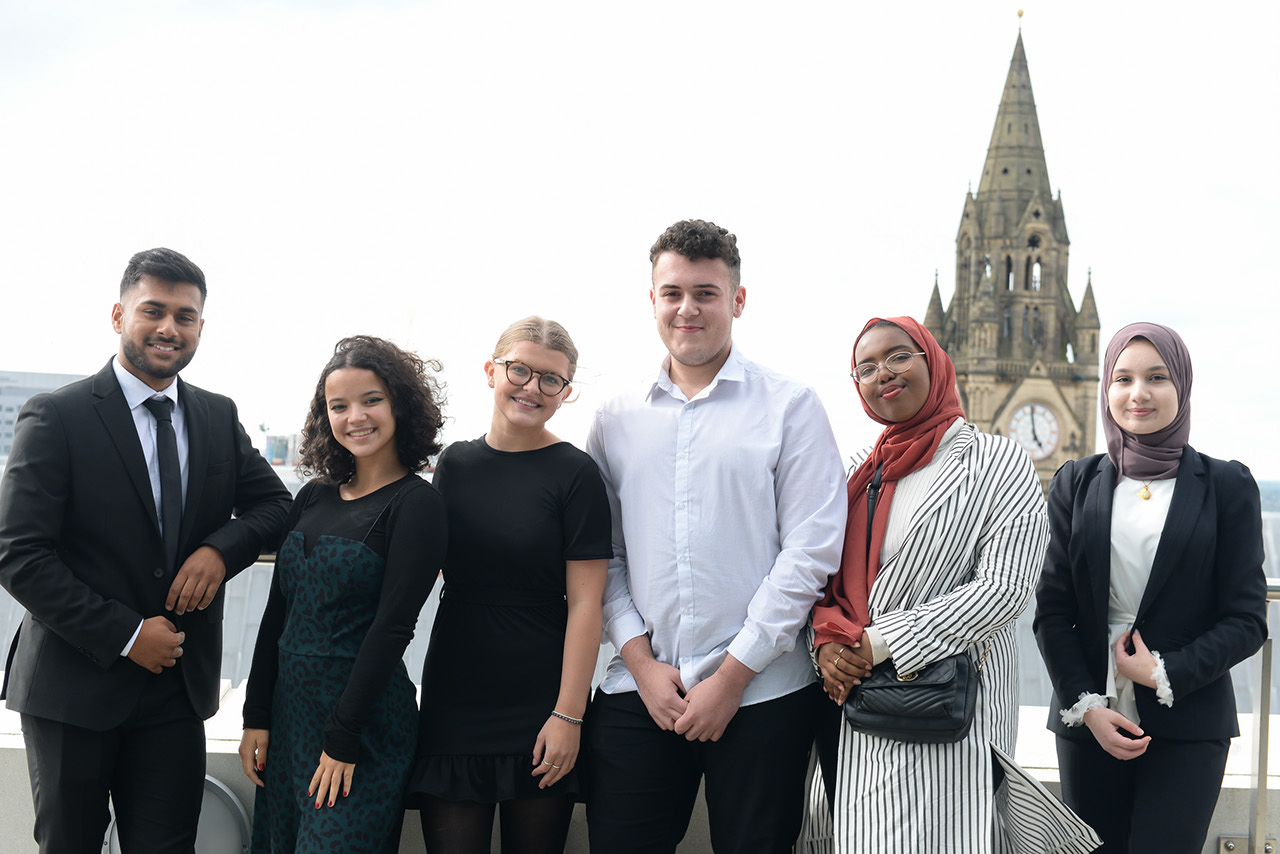The EY Foundation is a charitable company registered in England and Wales and Scotland with registered charity number 1157154 and SC045076. It is also a member firm of Ernst & Young Global Limited

New report says a range of action is needed to give the charity sector access to a wider talent pool and increase representation of low-income backgrounds in the sector.
The Social Mobility in the Charity Sector report is now available to download here.
Our latest report into social mobility in the charity sector finds that people from a low socioeconomic background are underrepresented in paid charity roles, compared to the average in public and private sectors.
Despite a widespread awareness of a ‘diversity deficit’ in the sector, it is not prioritised as an issue that needs to be addressed, with diversity of socioeconomic background particularly neglected.
The report – written by Duncan Exley, author of ‘The End of Aspiration?’ – reviewed data from academics and government. Despite some examples of good practice, it identified a combination of factors that prevent or deter entry into paid roles in the charity sector and other third sector organisations. These include:
- Limited HR resources in individual charities and the sector; creating unclear, unstructured, and inconsistent practices of outreach, recruitment, and progression. This benefits those whose social circles include people in similar organisations or occupations who can acts as guides.
- Widespread lack of knowledge about the existence of Diversity, Equality and Inclusion (DEI) guidance. What exists often neglects socioeconomic background and/or is presented as an additional task rather than as good practice across multiple HR functions, such as recruitment.
- As private-sector employers increasingly present themselves as value-driven, charities no longer have a monopoly on jobs that align with someone’s values.
- Young people have low awareness — and low understanding — of charity careers, but once charity careers and pathways were uncovered, interest increases.
- Young people often wouldn’t know where to start when looking for a job in the sector, with charity-role adverts not reaching them.
The report also makes recommendations for giving the sector access to a wider talent pool. This includes:
- A dedicated body to support and promote good HR practice in the charity sector.
- Guidance for HR functions in the sector that includes DEI good practice (rather than separating DEI guidance from HR guidance) and considers socioeconomic diversity and inclusion.
- Charity Commission should implement its diversity disclosure requirements, in which socioeconomic background should be included as an attribute to be recorded.
The findings from this research should be a wakeup call for everyone working in the sector. Now is the time to move from understanding the problem to taking meaningful action to increase socioeconomic diversity. Leaders must make it an urgent priority to ensure there are clear pathways into charity roles for young people from across the communities we work within.
Charities risk being sidelined: organisations that do not reflect diverse society will struggle to understand it, let alone serve it; and, as companies increasingly promote their environmental and social values, charities are no longer the obvious option for candidates wanting a career with positive impact. This report sets out ways the sector can become more diverse, more inclusive and, consequently, more effective.
We are now planning to convene charities to take practical action in response to the findings. If you work for a charity that would like to get involved, then please get in touch.


